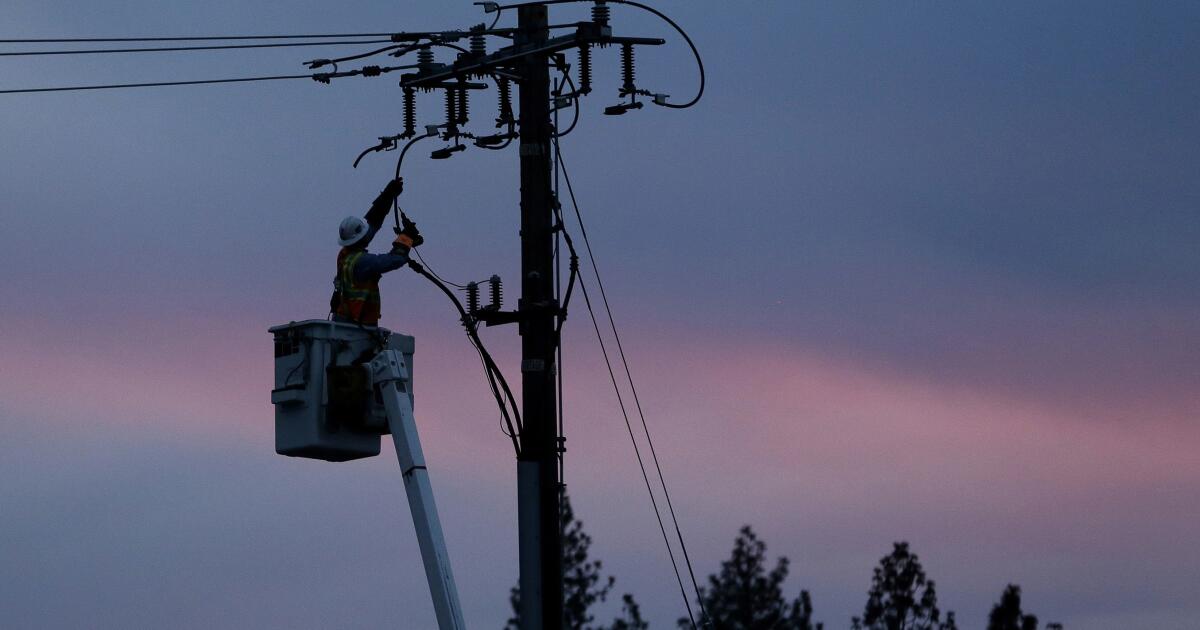Sorry for the paywall (but kinda not sorry since the LA Times is worth subscribing to)…
With little debate two years ago, state lawmakers passed a complex energy bill that enabled a sweeping change in how most Californians are billed for electricity.
The legislation was what Pacific Gas & Electric had asked for from the state public utilities commission three months before: a transformation of electric rates so that households would pay a fixed charge each month in exchange for lower rates for each kilowatt hour they used.
Gov. Gavin Newsom submitted the bill as part of a massive 2022 budget revision. In four days, it was passed out of an Assembly committee hearing without discussion, approved by the full Assembly and Senate and signed by Newsom.
…But opponents say the legislation was a financial gift to PG&E, Southern California Edison and San Diego Gas & Electric, and will cause millions of Californians who live in small homes or apartments that use little electricity to pay more, while residents in large homes that use a lot of electricity will save money.
“If you wanted to design a policy that would send the signal that conservation doesn’t count, this would be it,” said Ken Cook, president of the Environmental Working Group.”
In January, Assemblymember Jacqui Irwin, Democrat from Thousand Oaks, proposed a bill named AB 1999 to reverse much of what Newsom’s bill had done.
The opposition was angered even more when Speaker Robert Rivas (D-Hollister) and other Assembly leaders stopped debate on Irwin’s bill late last month with a procedural move that shelved it for the legislative session.



Regardless of how much power you consume or generate, you are still making use of the distribution infrastructure, and that infrastructure needs to be maintained. It is completely reasonable to collect fees for that.
I get that, but every single change that comes down from the power companies is aimed at reducing the benefits from solar panels. From the time of use billing, now to this.